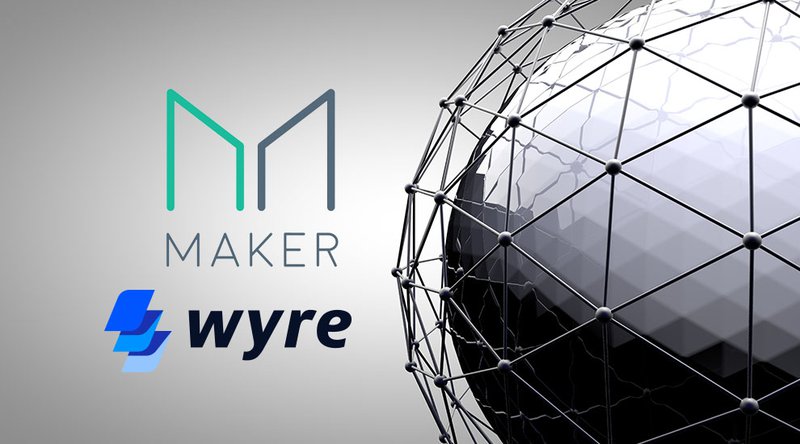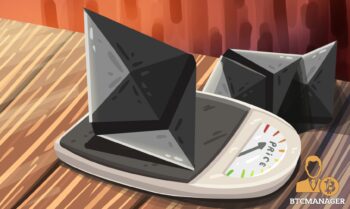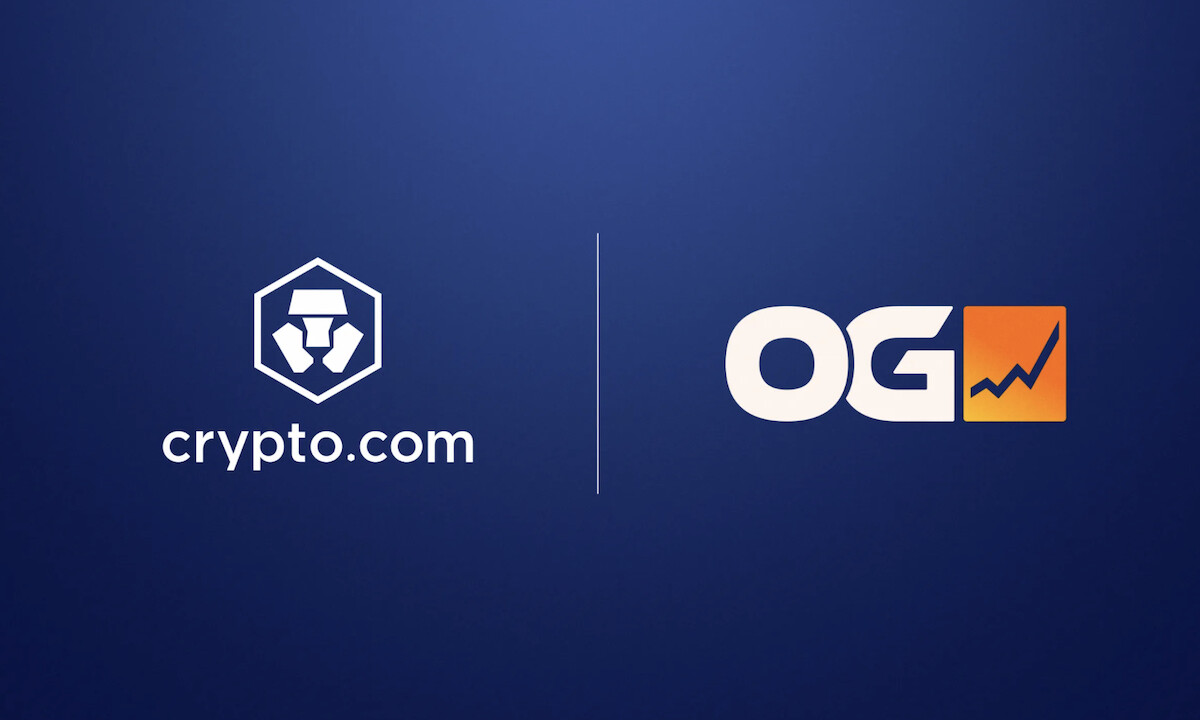2018-9-1 12:45 |
Just a month ahead of the Constantinople upgrade which is scheduled in next month of October, some important updates regarding the upcoming changes have arrived. CoinSpeaker recently reported how Ethereum developers have been facing the challenge of deciding over delaying the ‘difficulty bomb’ as well as the reduction in mining rewards on the Ethereum blockchain network.
On Friday, August 31, 14 core developers of the Ethereum network decided on a video call that they would be reducing the rewards of miners from 3 ETH to 2 ETH for every block mined on the network. This could be implemented through EIP 1234 which is an updated version of the Ethereum improvement upgrade.
Another important change which the developers agreed upon was delaying the difficulty bomb of the Ethereum network by a period of 12 months. ‘Difficulty bomb’ is a feature introduced in the past wherein the difficulty of mining each subsequent block on the network keeps on increasing. This delay has however stirred a debate with some section of the ETH miner community being not happy, especially the ones who have heavily invested in mining hardware. Moreover, the developers have said that 8 months post the Constantinople hard fork, another hard fork for a network-wide software upgrade will take place.
It has to be noted that yesterday’s conference call meeting was attended only by the network developers with investors and miners not being invited.
Miners v/s TradersMiners have in the past strong objected to the issuance reduction in the token rewards arguing that this could lead to a more number of miners shifting their focus from the Ethereum network to other digital assets. They have further said that in the long-term it could also be detrimental to the network security.
Miner community also argued that the latest reduction in the issuance rate to 2 ETH is a conservative choice. Responding to it, security researcher Martin Swende said that developers would revisit this question 8 months later during the next upgrade. Striking a more cordial tone, Swende said:
“I think we also need to be conservative with changes and make changes incrementally, and not dictate changes against the will of the community, but apply conservative measures in doing changes but try to keep them within the intent of the community.”
However, in addition to improving the transaction efficiency and reducing costs, the Constantinople protocol upgrade is focused towards a smooth transition from the Proof-of-Work (PoW) consensus algorithm to Proof-of-Stake (PoS). Danny Ryan, Casper developer for the Ethereum Foundation, said that until the transition to PoS takes place, incremental changes to the issuance rate with every upgrade could affect the network security. Ryan said:
“Everything I view in the issuance discussion is an incremental compromise to encourage the community and move things sanely until we move to proof-of-stake, which will bring issuance down to the range of 0.5 or 1 percent per year, and at that point I think the community will certainly be happy. These are incremental compromises until we get to that goal.”
On the other hand, the traders have been favoring the decision of limiting the issuance to preserve the constantly falling prices of ETH tokens. Ethereum trader Eric Conner had a discussion on his Twitter handle while drawing a comparison between the existing Bitcoin issuance rate and the Ethereum issuance rate. conner said that even at 2 ETH the issuance rate is much high above that of Bitcoin. On the other hand, he says that while traders have been facing challenges on the constantly falling Ethereum prices, miners have minted $6.6 billion in the last one year.
4/ This isn't a shock given ETH's high inflation rate of ~7.5%. Due to delays in Proof of Stake, this has pushed Ethereum's total supply well over 100,000,000 and needs to be addressed immediately.
Fun fact! In the past 365 days, the Ethereum network has paid $6.6bn to miners. pic.twitter.com/KRUuLHqKyb
— Eric Conner (@econoar) August 27, 2018
Another important decision which has been awaited is to restrict the use of specialized high-end hardware like ASICs, which gives some miners an edge over the others to get the computing done faster.
The post Ethereum Developers Have Agreed to Postpone the ‘Difficulty Bomb’ and Reduce Block Rewards to 2 ETH appeared first on CoinSpeaker.
origin »Bitcoin price in Telegram @btc_price_every_hour
Ethereum (ETH) íà Currencies.ru
|
|












